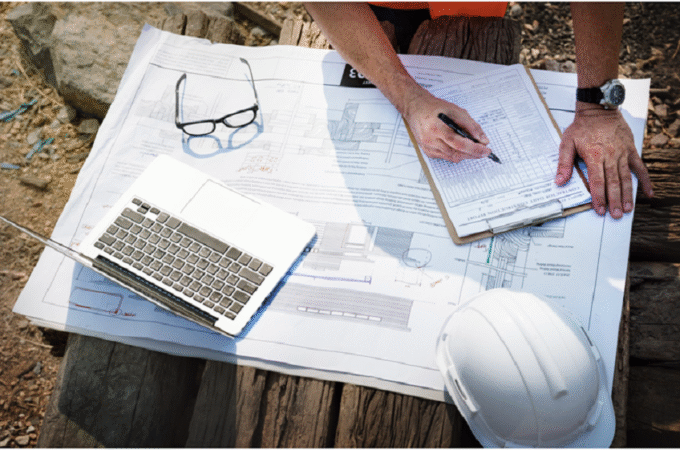
How Technology is Changing the Workplace
In our modern era, technological innovations have dramatically reshaped how we work. Businesses of all sizes are adapting to new digital tools and capabilities, much like how an award plaque commemorates milestones and achievements, symbolizing progress and success. This workplace transformation enhances productivity, collaboration, and overall operations.
Remote and Flexible Work
One of the most visible effects of workplace technology has been the rise of remote work. Cloud computing and high-speed internet enable employees to work productively from anywhere.
Companies had to embrace work-from-home quickly during the COVID-19 pandemic to maintain operations. While this shift was difficult initially, many businesses realized the advantages of remote flexibility.
Now, hybrid workforce models combining in-office and offsite work are becoming commonplace. Employees value freedom and work-life balance. Companies can recruit talented people regardless of their location.
Video conferencing platforms take the place of in-person meetings. Messaging and project management apps keep teams connected. Businesses only need to invest in the right tools and training to support their distributed workforce successfully.
Revolutionizing Collaboration
In today’s workplace, collaboration and teamwork occur in entirely new ways. Geography no longer limits who can contribute to a project.
Cloud storage and file-sharing platforms provide a centralized hub for teams to access documents anytime, anywhere. Multiple people can co-author content remotely with version control tracking changes.
Mobile apps extend collaboration to being productive on-the-go from phones and tablets. Urgent approvals, updates, and questions don’t get stalled waiting for employees to return to their desks.
Business management software takes team coordination even further. According to the people at Modest, these integrated platforms combine messaging, scheduling, task tracking and more into an all-in-one digital workspace. Contextual information flows seamlessly between apps without constant switching between tools.
Automating Processes
Besides enhancing collaboration, technology now automates many workplace tasks and processes that were previously manual efforts. This saves time and reduces opportunities for costly human errors.
For example, robotic process automation (RPA) uses software “robots” to mimic routine, repetitive digital tasks based on set rules and logic. An RPA robot could automatically generate customized sales quotes by pulling data from multiple systems and inputting it into a template.
Artificially intelligent chatbots and virtual assistants manage basic queries and front-line communications instantly, 24/7. Only complex issues get escalated to actual employees when needed.
In the future, more workplaces will use cognitive automation, combining RPA with machine learning technology. These advanced bots can make smart decisions, learn over time, and take on even more tasks.
Analyzing for Better Decisions
While automation revolutionizes workplace operations, these innovative technologies also provide data and insights that improve decision making. Business intelligence platforms aggregate data about processes, productivity, sales and more into unified visual dashboards. Colorful charts and graphs enable managers to monitor key performance indicators at a glance.
Predictive analytics tools take this a step further, using machine learning algorithms to forecast future trends based on past data patterns. For example, an HR platform could predict which high-performing employees are most likely to leave for better opportunities.
Workplace technologies are also being combined into unified digital command centers. These data visualization hubs integrate things like IoT sensor data, social media feeds and customer support tickets. This consolidated operational awareness fosters fast, informed decision making.
Conclusion
As innovative technologies like 5G networking, extended reality, and advanced AI continue developing, the workplace will transform even more remarkably. Entirely new work models and processes we cannot envision today will emerge.
Businesses able to adapt nimbly and capitalize on these innovations will thrive. Those caught flatfooted by disruption may get left behind. An openness to constantly reinventing workplace technology strategies will separate winners from losers.
In whatever way workplace changes unfold, one certainty is that technology will keep revolutionizing how we accomplish tasks and collaborate. Preparing for that evolution should be every organization’s priority.





